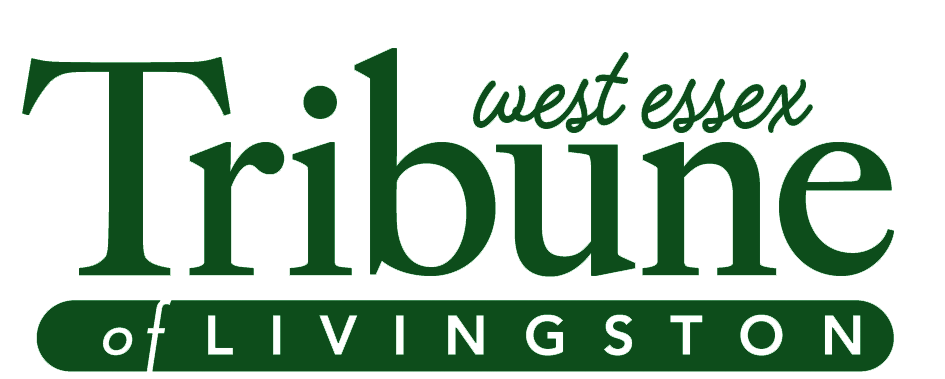The Board of Education was joined by two Livingston High School (LHS) counselors during the January 17 meeting. Sinead Crews, director of school counseling, and Nicole Rothman, who advises high school upperclassmen in their postgraduation pathway, reviewed the matriculation research they found.
The two presented a post-secondary analysis and proposed revisions for future Livingston classes based on collected data. The provided statistics are derived from current national and individual college statistics, as well as feedback from recent graduates, parents, alumni and current students.
“When we say that the student needs to believe that the college is the right fit for them, it is vice versa for the college,” Rothman said. The “right fit’’ approach focuses on “meeting students and families where they are” and helping graduates make an informed and individualized post-secondary decision.
Of 453 LHS graduates, 88.5 percent attended a four-year college, a 2.5 percent decrease from the year before and a 4.5 percent decrease from 2018 graduates. A five-year matriculation data point indicates a rising trend among seniors who pursue other opportunities like employment, the military, vocational school or taking a gap year. In 2018, only .5 percent of students did not attend college.
There was a nearly even split between the remaining 2022 graduates who enrolled in a two-year college (6.4 percent and a 1.4 percent increase from the previous year), and those who sought other opportunities (5.1 percent).
Students with IEPs (60 students) mostly continued their education at a four-year college (53.33 percent). Approximately 28 percent enrolled in a two-year college and about 18 percent followed other opportunities.
The class of 2022 submitted a total of 4,888 applications to 374 colleges and were accepted into 280. Comparatively, the senior class of 2021 was larger in class size (464 students) andmembers hadsubmitted 413 applications to colleges across 44 states. Students of the 2021 class obtained 316 acceptances, the highest number LHS has seen in the last five years. According to Rothman and Crews, these numbers are still considered on-trend.
“We want to recognize that students were accepted into fewer individual colleges than any other class over the past five years,” Rothman said. “The difference between the number of colleges applied to and the number of colleges students were accepted into for the classes of2021 and 2022 is 97 and 94, respectively.”
Affirmative Action
Board members discussed the potential Supreme Court ruling that would overturn Affirmative Action, affecting the college admissions process and how students of minority status apply.
“You still have the power and agency in your application to ensure that information about yourself, your identity, whatever is so important to you as a person is in your application,” Crews said. “Nothing can take that away even if that checkbox is removed.”
Looking Ahead
Alumni indicated that financial aid packages influenced their decision-making process. Crews highlighted this as one of the main takeaways of surveyed data. This also includes a student preference for obtaining a two-year college degree, employment opportunities and initiative in pursuit of other post-secondary choices.
Some Board members raised concern for the percentage of students who did not attend a four-year college. Although Board member Parul Khemka suggested offering students guidance and resources earlier in their high school career, Crews explained that a conversation too soon can interrupt a transitional period among underclassmen.
Board member Lisa Steiger pointed out that academic and creative exploration begins in 7th grade when students meet with their counselors or case managers to pick an elective and discuss personal interests.
Board member Seth Cohen noted that there is a possibility certain colleges have consistently rejected LHS applications. Crews and Rothman will dissect the data again to find any patterns that may affect student acceptance rates.
In looking ahead, counselors at LHS have recently established programs to better support current students in their post-secondary search. This includes an alumni workshop series; alumni connections event, which took place this past fall and winter; forthcoming alumni day; forthcoming parent program; and a revamped scholarship website.


